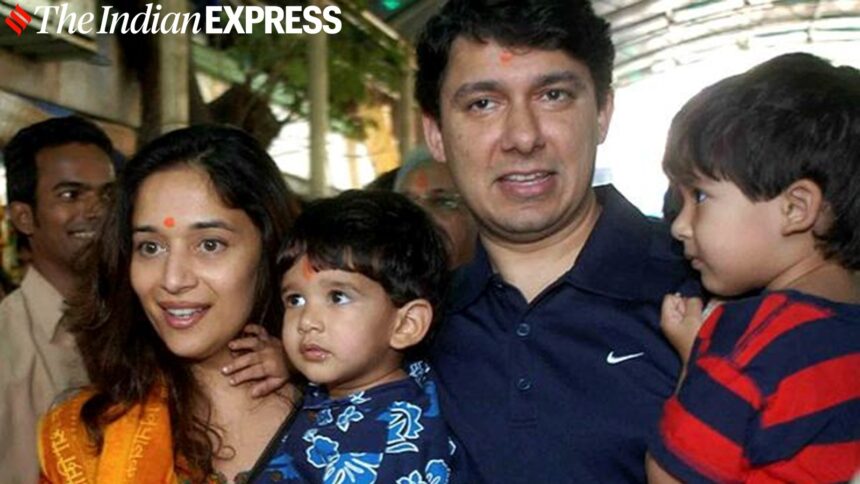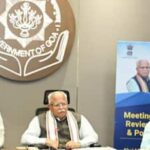For many, giving up a stable, high-paying, and respected job might sound unthinkable — especially when it’s the kind of role most immigrant parents dream of for their children.
Actor ’s husband , a heart surgeon by training, once found himself at this exact crossroads. After spending decades saving lives and reaching the top of his field in the US, he decided to take a step back from his medical practice and explore something different — building healthcare innovations through tech and media.
“I am Indian. I grew up from an immigrant start and my parents certainly were not happy that I am leaving the prototypical job of a heart surgeon and kind of every Indian’s wet dream,” Dr Nene shared in a YouTube video. “I was very rewarded and to see patients leave the hospital healthy and to interact with their families and make a difference in their lives was amazing but when I looked at the planet, I said there’s 7 billion people… what if you could take health care as is traditionally practiced and then use a combination of media and technology to take it to the last mile and create digital frontiers where you can put a doctor in everyone’s pocket?”
His decision to leave his day job in 2011 came as a shock to many, including Madhuri’s family. “My partners were like, ‘What are you doing? We need you here.’ My staff was devastated,” he said. Even his parents, who had once insisted he become a doctor or engineer, were . “My folks said that the only way to move forward is become a doctor or engineer… My parents initially weren’t warm to this and when they saw what I had done with some of the start-ups, they wanted to write cheques.”
Dr Sapare Rohit, consultant psychiatrist, Maarga Mind Care, tells , “Early cultural expectations act almost like invisible scripts, influencing how individuals view success, stability, and even their sense of self-worth. When professions like medicine or engineering are positioned as the ‘ideal,’ many children internalise the belief that their value is closely tied to their career achievements. This can lead to adults who feel obligated to maintain certain roles, even if their personal interests evolve.”
Reconciliation often begins with , he says, recognising that these early expectations, while well-intentioned, may no longer align with one’s deeper aspirations. “Therapy, mentorship, or self-reflective practices can help individuals reframe success in more personal, meaningful terms. It’s about allowing oneself the permission to evolve, and understanding that personal growth doesn’t negate past achievements but builds upon them.”
Career transitions, Dr Rohit says, especially from roles that serve others or carry significant social value, often trigger feelings of guilt because they touch on our deep-seated desire to belong and to contribute. When people invest emotionally in a professional identity, like being a heart surgeon, both they and their community associate them with that role.
“Leaving such a role can feel like abandoning a shared mission, causing both internal conflict and external disappointment. Guilt surfaces when individuals perceive that their personal growth may come at a cost to others’ expectations. Navigating this requires emotional resilience and an understanding that evolving one’s career path does not diminish the positive impact they’ve already made,” notes Dr Rohit.








